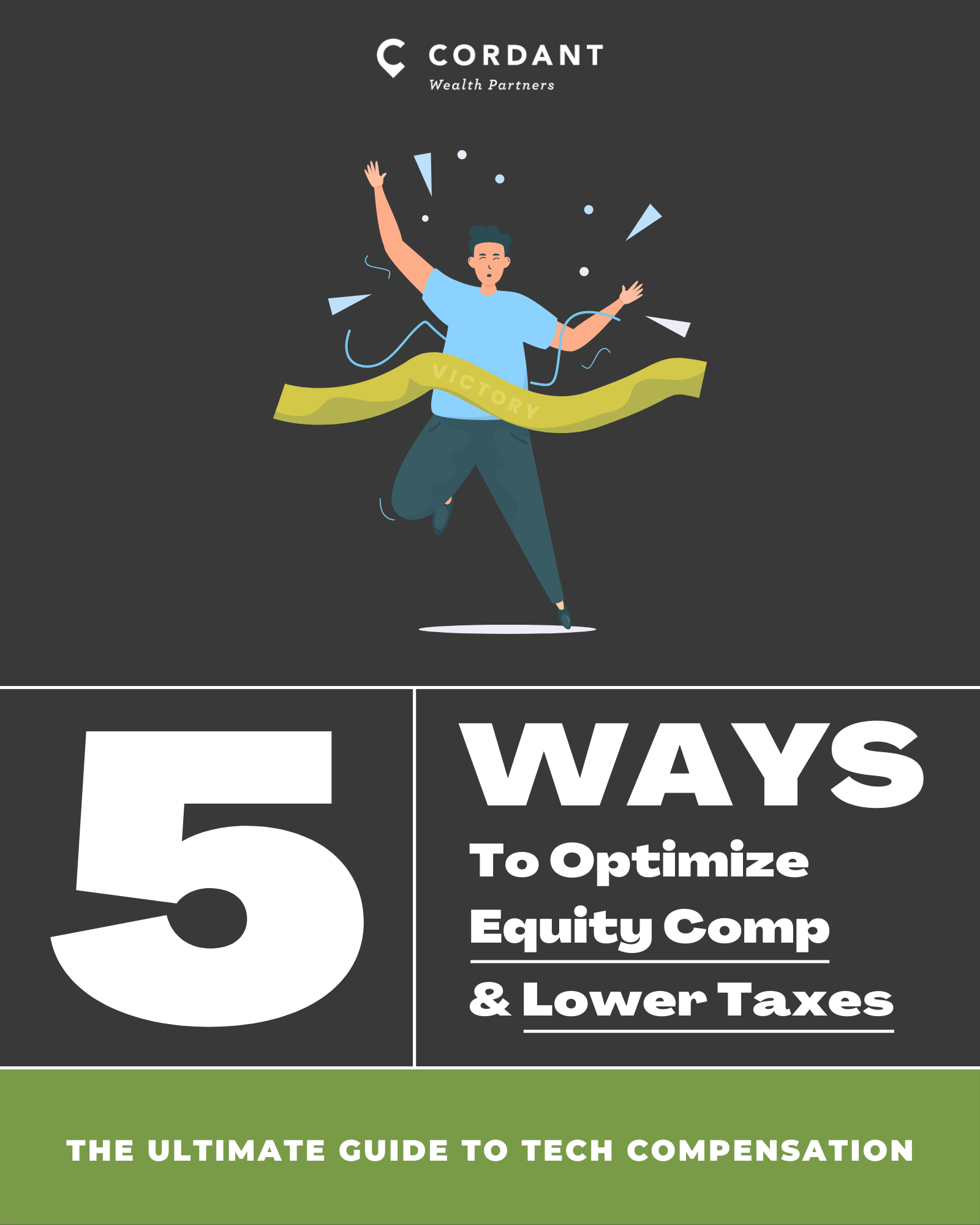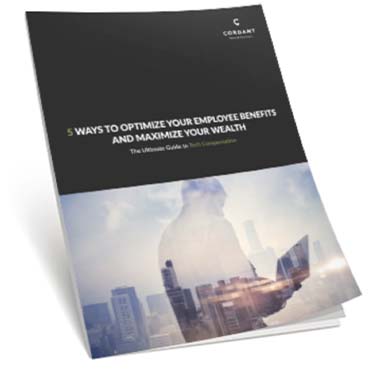PODCAST EPISODE 15:
Today’s guest is actually a co-worker of mine at Cordant Wealth, Financial Advisor Scott Gerlach. I’m really happy to be introducing him to you today, and we will be covering the topic of fiduciaries. I get a lot of questions about this, such as: What does it mean to be a fiduciary? Is Cordant Wealth a fiduciary? What is the importance of a fiduciary?
Scott grew up in Visalia, CA, which is a big agricultural area in Central California, attended school at the University of Oregon, where he received his degree, then moved back to San Francisco before deciding to settle in the Portland area. He has the perspective of both the agricultural scene in America, as well as the hustle and bustle of a large city like San Francisco. As if that juxtaposition weren’t enough, he can add another unique one: Scott was a middle linebacker in high school and a competitive tennis player.
Listen to this episode on your preferred App:
Show Highlights:
- There are two standards in the financial services industry that an advisor is held to:
- The suitability standard – whatever product you’re being sold has to be suitable for your situation. As an example, if there’s Product A and Product B, and they’re both similar, but in the advisor’s estimation Product B would be best for you, whereas Product A pays the advisor more, the advisor will probably go with Product A.
- The fiduciary standard – a fiduciary must act in your best interests. This eliminates the financial incentive of an advisor having to choose, as there is no compensation.
- There are large financial institutions that provide products and aren’t incentivized to change the way they’re working, and so money impacts what happens. It’s hard to pass legislation to shift the industry to a more fiduciary standard.
- When legislation was proposed for a fiduciary standard across the industry, all the big banks and institutions put a lot of time and energy into structuring how they operate. While at the same time, they put a lot of time and energy in Washington, D.C., to stop it.
- The way Cordant Wealth is structured, which is as a fiduciary, advisors do not get compensated for putting you in a life insurance policy, a long term care policy, or a particular mutual fund.
- Scott G. says it’s nearly impossible to tell from commercials if a financial institution is a fiduciary or not. He would like to get to a point where that’s not even a question in people’s minds.
- While there are many good advisors that provide sound advice and can get you what you need, people are incentivized by making money, and this structure can lead advisors to not making the best decision for their clients.
- Scott G. doesn’t watch the stock market on a day-to-day basis, and he says you shouldn’t, either. There are systems that monitor it, and he advises to save, diversify, get out and enjoy life and don’t worry so much about it. This is because the stock market is all over the place on a day-to-day, week-to-week, and month-to-month basis. It has very little impact on your big picture. Ideally, you should be invested over the long term (10, 20, 30 years down the line).
- Unless you’re a day trader, you don’t need to worry about the day-to-day stock market.
Links:
- Contact Scott: Scott@www.cordantwealth.com

